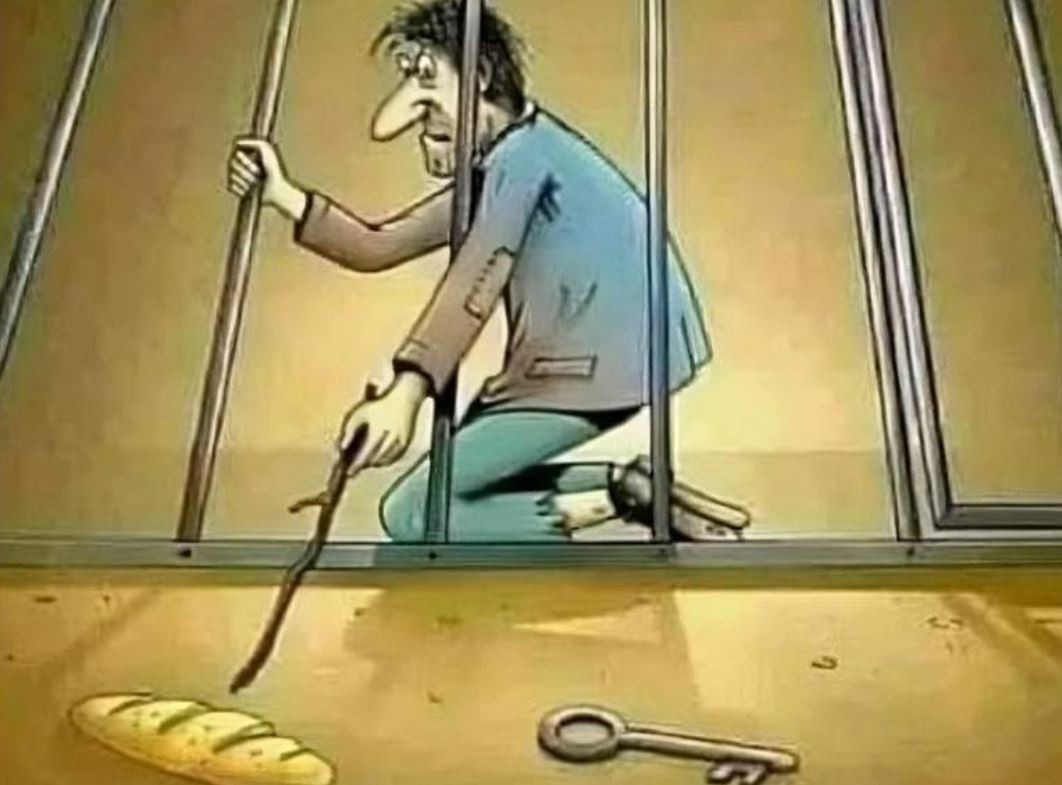The prisoner’s strange choice to pick a loaf of bread over a key to freedom has been the subject of much intellectual argument and deep thought for a long time. This situation seems simple, but it hides deep truths about people, their survival habits, and how hard it is to make decisions.
At its core, the prisoner’s choice shows the basic need to stay alive. Bread is a symbol of instant food, a basic need that keeps life going in the present. On the other hand, the key represents the possibility of freedom, a chance to get out of a tight spot. But this freedom comes with risks, so the prisoner’s choice shows how he values things in a complex way.
There is a big difference between bread and key. Bread is a visible source of nutrition that is necessary for survival, especially in prison where food may not be easy to come by. One the other hand, the key stands for chance and doubt. Escape can free you, but it can also put you in danger or even kill you. The prisoner’s practical approach to staying alive puts short-term wants ahead of longer-term goals.
This logical puzzle was first put forward by the Greek philosopher Plutarch, and it has stuck with people for many years. The prisoner’s choice brings up important questions about how people act: what makes us decide what to do when our goals are different? Do we put our current needs first or are we willing to take chances for possible long-term benefits? The prisoner’s choice of bread shows how important life is, even more than wanting to be free.
Food like bread is important for more than just survival. When people are prisoners, bread can be used as money to buy favours from guards, get small perks, or pay them. Because it can be used for two different things, bread was the obvious pick.
The prisoner’s choice also makes us think about what freedom means to us. Is freedom just not having any physical limits? Does it also include mental, social, and spiritual freedom? By picking bread, the prisoner may be realising that he or she can’t be physically free when basic life is at stake.
This story makes us think about our own goals and how we make decisions. It forces us to deal with the tricky mix between meeting short-term wants and working towards long-term goals. The prisoner’s choice shows how carefully we weigh risks and rewards, which is a process that is common in making decisions.
But in the end, “The Prisoner and the Bread” is a strong metaphor for the choices we have to make in life. It helps us remember that every choice has an effect and that freedom and life are often at odds with each other. The prisoner’s choice shows how complicated people can be, making us think about how we deal with our own problems and goals.
This story makes us think about our own values, goals, and expectations, which is good for self-reflection. It makes us think about what really counts as we try to live a worthwhile life. Irrespective of whether we see the prisoner’s choice as a realistic way to stay alive or a deep intellectual statement, it eventually shows how complicated life is.


